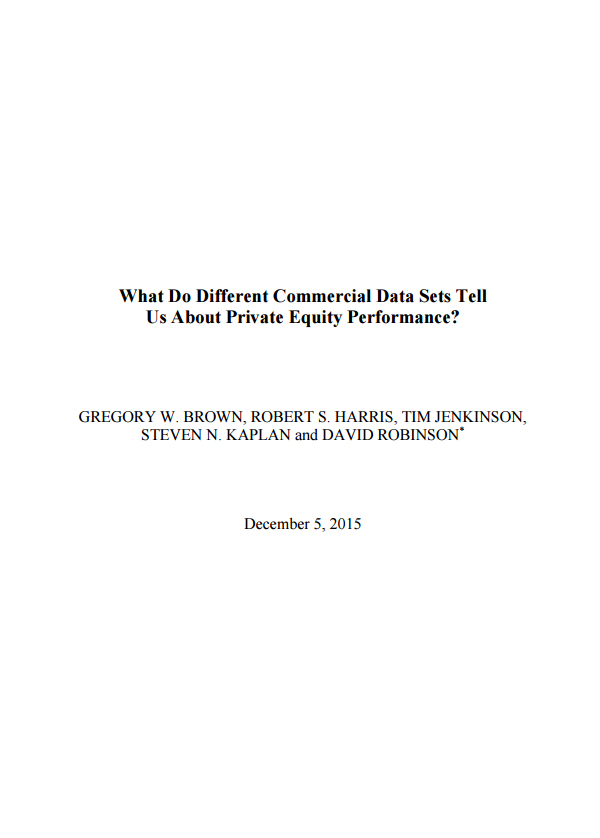
Save the date for IPC's Spring Research Symposium Friday, March 22, 2024. The research symposium brings together academic researchers and industry practitioners to discuss applied research in the broad field of private capital and alternative investments.

Join the Institute for Private Capital for the 16th Annual Alternative Investments Conference on March 21, 2024, featuring a full day of alternative asset programming.

Since 2008, the Alternative Investments Conference has served as a forum for private equity, hedge fund, venture capital and other alternative asset professionals to network, share ideas and stay abreast of industry trends.

Please join us for the 13th Annual Alternative Investments Conference on May 12, 2022 hosted by the Institute for Private Capital. Since 2008, the Alternative Investments Conference has served as a forum for private equity, hedge fund, venture capital and other alternative asset professionals to network, share ideas and stay abreast of industry trends.

In recent years, institutional investors have progressively depended on higher returns from private markets. As a result, there's been an increase in competition for quality investment. In a recent Economist special report on the topic, Institute for Private Capital Research Director Greg Brown and his co-authors' study on private asset returns is featured.

Monthly Art Market Returns
We provide an innovative methodological contribution to the measurement of returns on infrequently traded assets using a novel approach to repeat-sales regression estimation. The model for price indices we propose allows for correlation with other markets, typically with higher liquidity and high frequency trading. Using the new econometric approach, we propose a monthly art market index, as well as sub-indices for impressionist, modern, post-war, and contemporary paintings based on repeated sales at a monthly frequency. The correlations enable us to update the art index via observed transactions in other markets that have a link with the art market.

How Will COVID-19 Affect Commercial Real Estate?
Commercial real estate is a major asset class, with an estimated value of more than $12 trillion in the U.S. alone. But the stay-at-home orders and business closures precipitated by the COVID-19 pandemic have the potential to negatively – and disastrously – affect commercial properties. What will the short- and long-term impacts be, which types of properties will be hardest hit and what policies can be put in place to help stem the tide of losses? UNC Kenan-Flagler Business School Professor and Leonard W. Wood Center for Real Estate Studies Faculty Advisor Andra Ghent and her colleagues examine these issues in this week’s Kenan Insight.

Hosted by the North Carolina Investment Forum, this invitation-only breakfast will bring together members of the private capital community to launch efforts in compiling a comprehensive analysis of capital availability in North Carolina.
In this paper, we apply the ARMA-GARCH model to Hong Kong real estate market. We analyzed the monthly data of housing, office retail and factories from February 1993 to February 2019. The result of ARCH LM test indicates that volatility clustering is shown in there four kinds of real estate. The price volatility of housing is influenced by foreign exchange rate, especially the USD exchange rate. The commercial real estate market shows different, they are all influenced by unemployment. All these real estate shows limited inflation hedging ability in a short period. The result of the EGARCH model shows there were no asymmetric effects in the real estate market.
This paper examines private equity (both buyout and venture funds) performance around the globe using four data sets from leading commercial sources. For North American funds, our results echo recent research findings: buyout funds have outperformed public equities over long periods of time; in contrast, venture funds saw performance fall after spectacular results for vintages in the 1990s. For funds outside North America, buyout funds show performance similar to those in North America while venture fund performance is weaker than in North America. Venture samples outside North America are, however, relatively small and strong conclusions await further research. The similarity of performance estimates across the data sets strengthens confidence in conclusions about the results of private equity investing.

